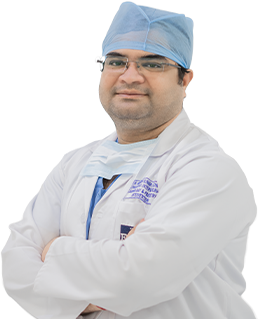Paediatric cardiac catheterization is a minimally invasive modality that is used for the diagnosis and treatment of a variety of heart ailments in small children and infants. The procedure involves the use of a long flexible tube known as a catheter, which is directly inserted in the major blood vessel of the child and then direct towards the affected area. It is a highly specialised procedure that requires immense expertise. The procedure allows the doctors to conduct a detailed examination as well as fix certain problems that may be congenital or developed soon after birth.
Indications
- Diagnostic cardiac catheterization in children may be used for or the following reasons:
- For detailed and precision-based imaging of the heart for detecting and assessing heart defects
- To assess the flow of blood through the heart
- To determine the pressure in different areas of the heart and lungs
- Examine and assess the functioning of the heart valves
- Evaluate the oxygen levels in different areas of the heart, lungs and blood vessels
- Assess the electrical activity of the heart
- To collect a tissue sample for biopsy
- To assess the normal functioning of the heart post-heart transplantation
Interventional cardiology catheterisation in children may be used for or the following treatments:
- Closing abnormal openings or septal defect
- Repairing abnormal blood vessels
- Opening narrowed or obstructed blood vessels and valves
- Treating arrhythmia















